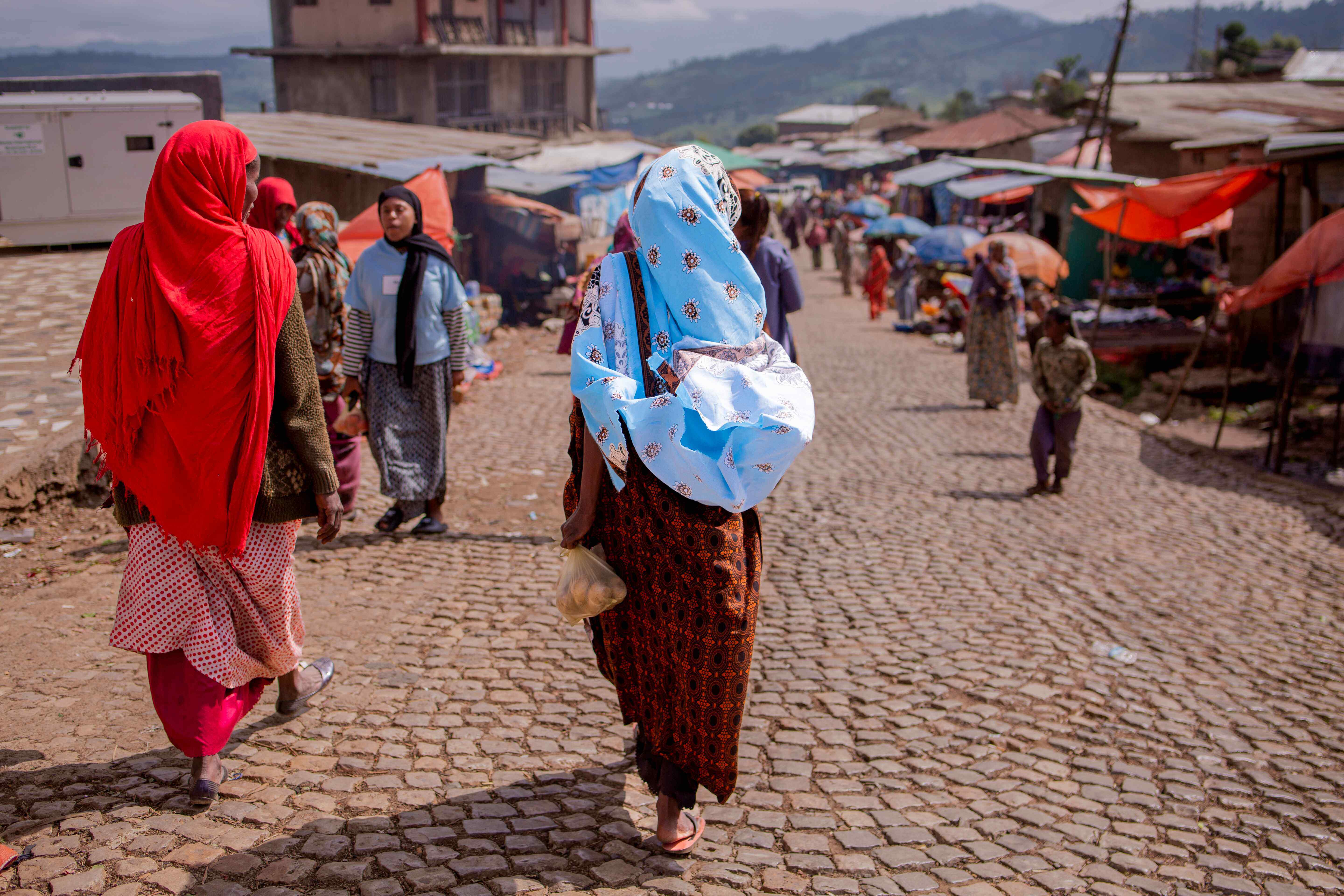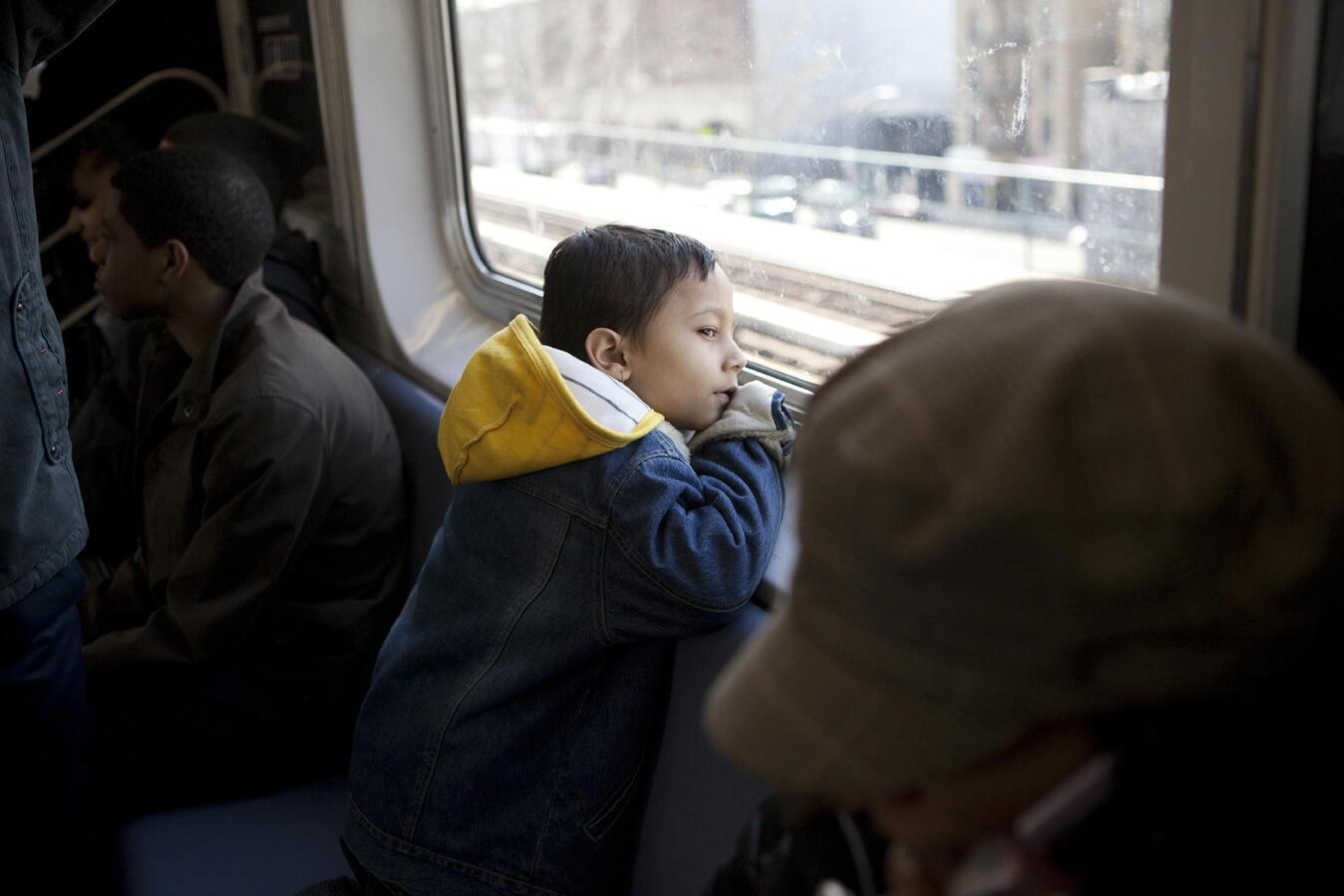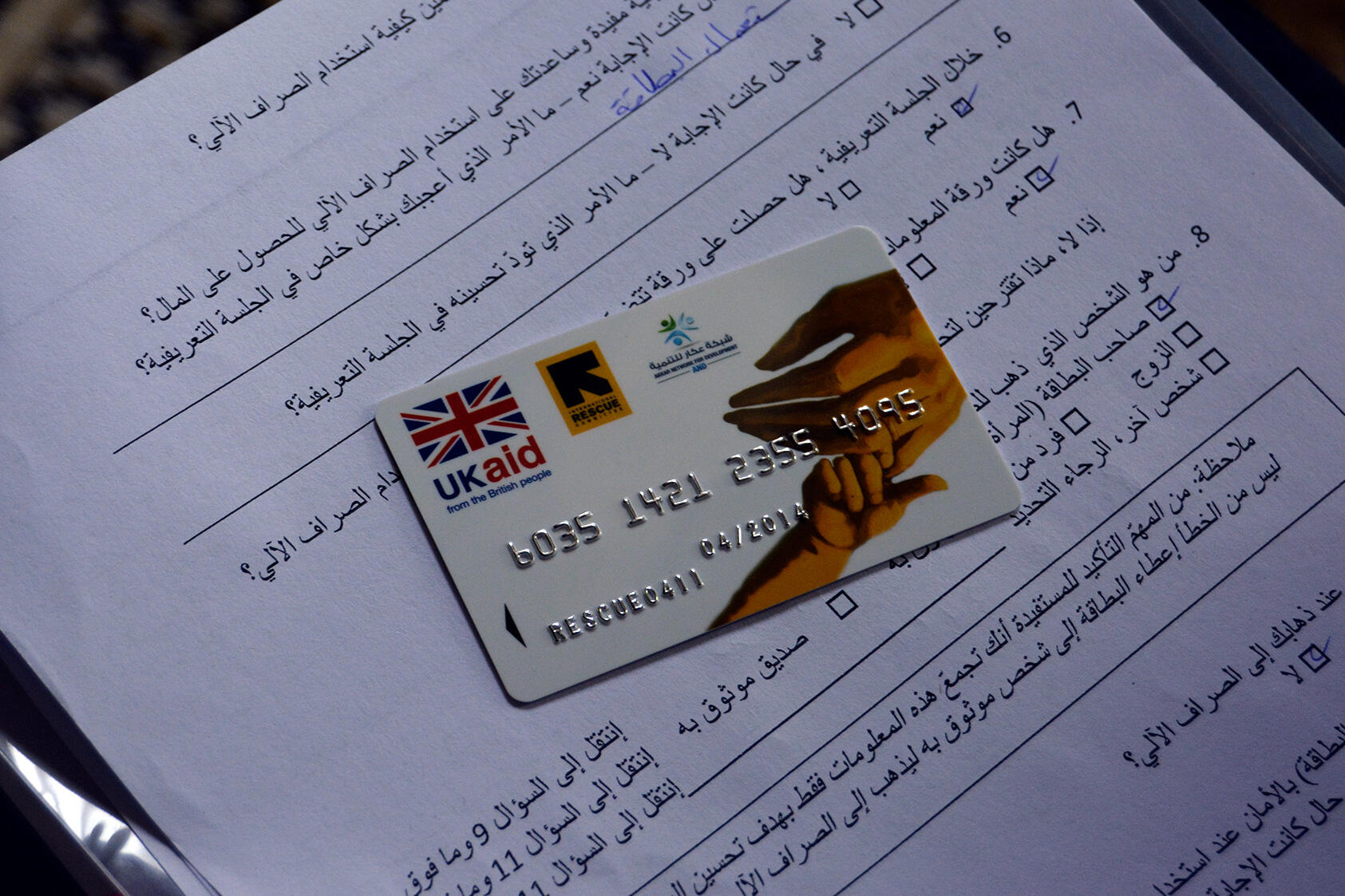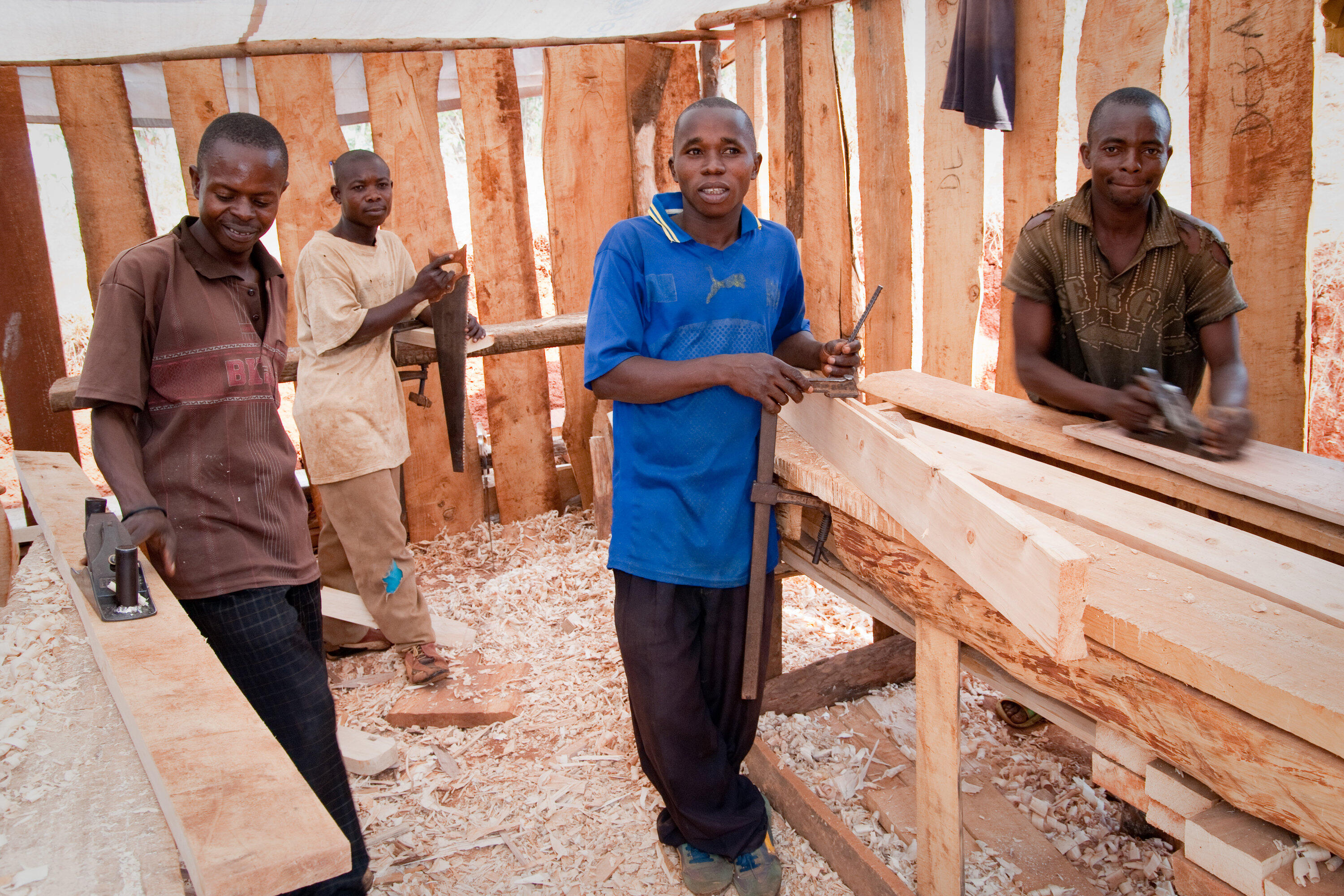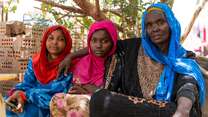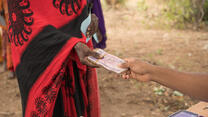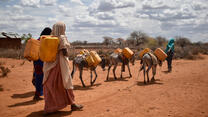We provide temporary cash relief to people whose lives and livelihoods have been shattered by conflict and disaster and who live where opportunities to earn income are extremely limited or have ceased to exist.
$1
that cash beneficiaries spend generates 2.13 dollars of GDP for the Lebanese economy.
25%
of the IRC's humanitarian assistance will be in the form of cash relief by 2020.
$11.8 million
in cash and asset transfers aided 75,625 refugees and displaced households in 2015.
